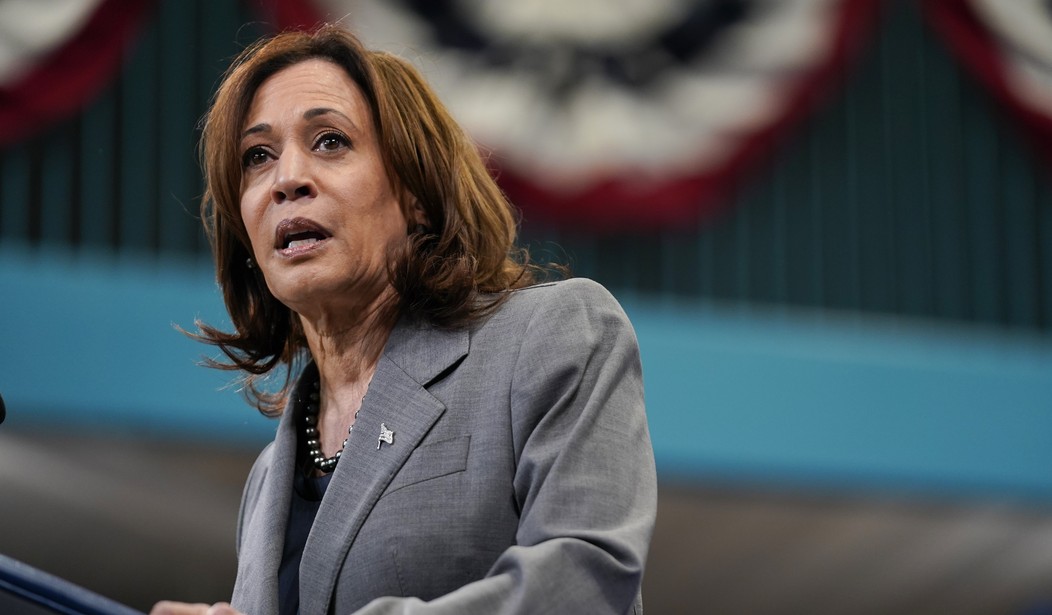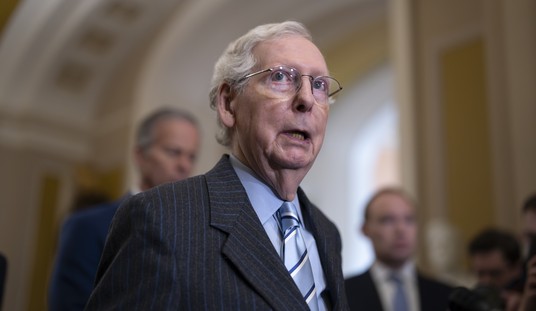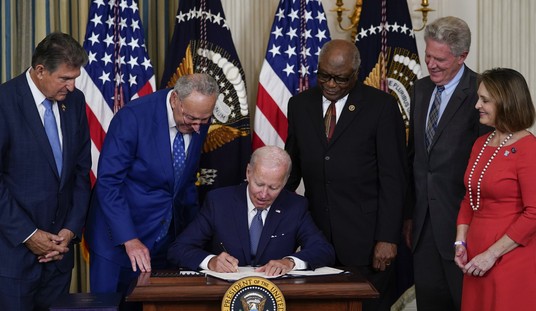When the Democratic candidate for president of the United States is mimicking the failed price controls policy of the Nixon administration, one knows the world has gone mad. I suggest the reason that it has been more than 50 years between President Nixon’s wage-price controls and today is that there is no one still active in the Democratic Party who had to deal with this Nixon debacle.
Thomas Sowell said: “Price controls must invariably produce black markets, where prices are not only higher than the legally permitted prices, but also higher than they would be in a free market.” In his 2011 book, Forty Centuries of Wage and Price Controls, How Not to Fight Inflation, the late Robert Lindsay Schuettinger of both St. Andrews University and Yale University, offered that “Indeed, there is not a single episode where price controls have worked to stop inflation or cure shortages.”
Beginning at age 25, I spent three years of my early career as a “guru” on President Nixon’s wage-price controls. A “guru” in 1971 was anyone who was willing to read and try to understand the hundreds and hundreds of pages of rules and regulations created by Washington bureaucrats. Virtually no one with any experience in business was willing to waste their time learning rules and regulations for a program that would so obviously collapse on its own weight.
The complexity of price controls for retail food sales would be immense. Step one would be defining food. Is the candidate thinking about just the basics or anything one buys in a supermarket and/or at the local gas station? What about that take-out dining section of the upscale grocery store? What about the hot dog in the 7-Eleven or those M&Ms on the shelf near the cashier that tempt customers waiting in line at Office Depot?
Recommended
Is the government going to set the retail price of lettuce and/or premium ice cream? Is the government going to change that price daily and is it going to consider every possible wrinkle in the pricing such as the locations of different farmers around the country and the location of the retail store selling the lettuce or ice cream? Is the government going to consider the various costs of transportation, different wage patterns throughout the country or the other variables in the cost of each product? Can the government believe it can price every food product every day in every market? Probably and hopefully not.
Or will price controls be designed to monitor the profits of the ultimate seller of food products? That is where the Nixon administration positioned its rules and regulations. Calculating profits on food products at the retail level would be interesting as the grocery store sells everything from lettuce to wine to mops. Pricing at Walmart is completely different than the pricing at the local grocery store or the local gas station. Prices change daily. Would price controls be designed to limit gross or net margins? Would wage increases immediately allow retailers to increase prices? The answers to these questions could be daunting and could be impacted by everything from accounting methods to the number of new and closed stores during the year.
Grocery chains would continue to operate in such a way as to maximize their profits. This would likely result in some food products with higher margins disappearing from their shelves in their entirety. The producers of these products could quickly go out of business.
It is difficult to understand the myriad issues that appeared every day in the U.S. marketplace under President Nixon’s price controls where there were no clear answers; companies took their best guess at trying to comply with the rules.
Nixon’s regulations created winners and losers. Companies in their early growth stages were often unable to pass along cost increases while companies that had been in business for decades had price increase requests for identical cost increases approved. It was chaotic and often gave unfair new meaning.
The costs of price controls on food would be staggering. First, the government would need to write the rules and hire the individuals to enforce the rules. The retailers would need to hire people to monitor the rules and re-write every computer program related to the ultimate sale. This by itself would likely add more to the cost of food than whatever the Democratic nominee believes would be the price reductions resulting from price controls. And where profits declined, jobs would be lost and income tax revenues would decline.
I lived wage and price controls for three years. The complexity and the shear fear that violating the rules would result in huge fines was magnificent for my career. I was a young person with an expertise very much in demand. Yet, looking back, I do not know another human being that benefited from price controls in the 1970s.
If it were not for Watergate, we would most remember Nixon for his failed attempt to control wages and prices.
























Join the conversation as a VIP Member